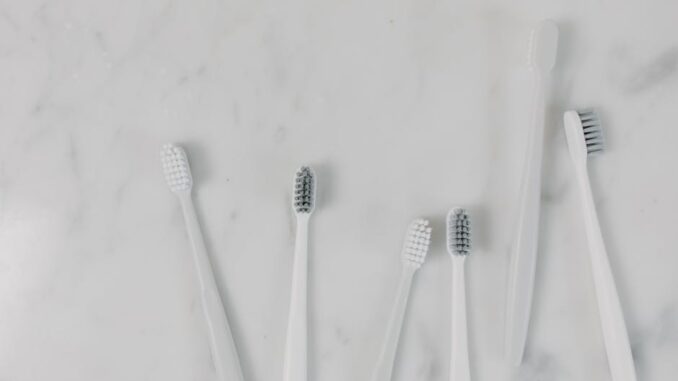
Summary
A recent study linked higher fluoride levels to lower IQ in children, raising concerns about water fluoridation. However, the study focused on levels significantly higher than those recommended in the U.S., and dental health organizations maintain that fluoridation remains a crucial public health measure. This article examines the study’s findings, the ongoing debate, and the importance of considering the broader context of pediatric health.
Healthcare IT professionals trust TrueNAS for secure, compliant, and scalable data solutions.
Main Story
So, there’s been some buzz lately about fluoride and IQ scores, and honestly, it’s got me thinking. A new report, published in JAMA Pediatrics, suggests a link between fluoridated water and lower IQ in kids. This report, analyzing studies going way back to 1989, suggests that more fluoride equals potentially lower IQ scores and, understandably, that’s got parents a bit worried.
Now, this wasn’t just some quick study. It was the National Toxicology Program (NTP) that did the analysis. But like any good study, it’s been picked apart a bit. One big criticism? A lot of the data they looked at came from places with way higher fluoride levels than we typically see here in the U.S. Think China, where some areas naturally have over 1.5 mg/L of fluoride in the water. Compare that to our recommended 0.7 mg/L, and you can see the difference; it’s double. In short, we’re not comparing apples to apples here.
Here’s the thing, most of these studies were on populations exposed to much higher fluoride levels. And sure, the NTP report did find a link, even with urinary fluoride below 1.5 mg/L. Still, there’s not much data on what happens at the lower levels common here in the US. One part of the study showed, every 1 mg/L of fluoride in urine was linked to a 1.63 drop in IQ. Yet there just wasn’t enough data to say anything about the impact of the standard 0.7 mg/L we see in drinking water. So, are these findings really applicable to most of us? I’m not so sure.
That being said, let’s not forget the upside. For decades, adding fluoride to our water has been a HUGE help in fighting tooth decay. Remember back in the 60s? Fluoride levels were increased in drinking water, and cavity rates just plummeted, like an absolute miracle. And, you know what? Tooth decay is still a real issue for many kids in the U.S. We still need effective preventative measures to help the community, especially for those who can’t always get to the dentist. I can tell you a friend of mine, when I was in elementary school, constantly had issues with cavities because she wasn’t able to use fluoride toothpaste daily!
Furthermore, dental organizations are still backing water fluoridation. They point out that it’s been a game-changer for oral health, particularly in areas where people don’t have other ways to get fluoride, like toothpaste or sealants. The way they see it, it’s a great benefit to the community and shouldn’t be discouraged, because it has been shown to improve oral health.
Look, this whole fluoride and IQ debate is complex. We’ve got to weigh the risks and benefits of public health interventions. The study raises some flags; no doubt about it. More research needs to be done to get to the bottom of this, particularly on lower levels like we have in the US. No one is saying to ignore the possibility of these findings!
So, what do you do if you’re a concerned parent? Well, talk to your pediatrician or dentist. That’s your first port of call. Also, look into the fluoride levels in your local water supply. If they’re super high, then maybe consider other water options. It really is important to make informed decisions based on the evidence available, it’s all we can do.
Ultimately, this whole debate reminds us that pediatric care is always changing. It’s really important to keep learning and stay informed about the most recent scientific advancements. Who knows what the next study will show! What’s more important is to take it all with a grain of salt.


Be the first to comment